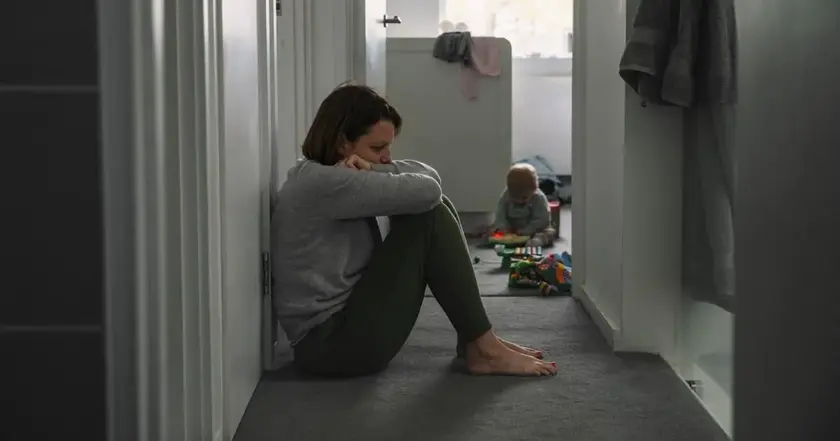T4K3.news
And Just Like That finale explained
The showrunner defends season 3 while acknowledging fan concerns and the press narrative.
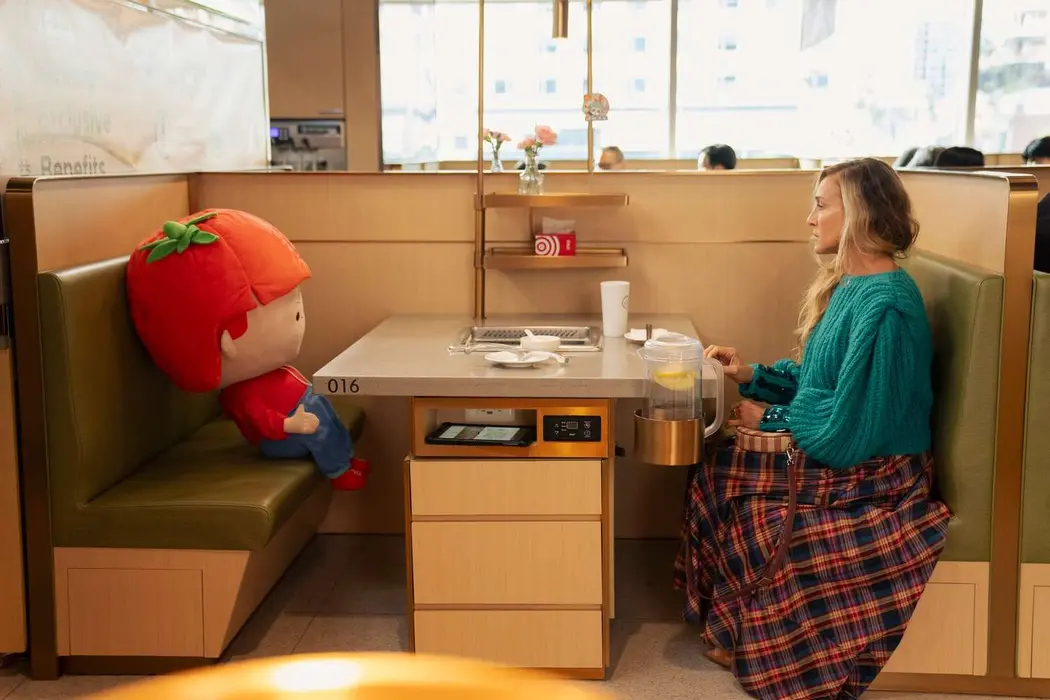
The showrunner defends his approach while acknowledging fan concerns as season 3 wraps.
And Just Like That Boss Addresses Season 3 Critics and the Press Pinata
Michael Patrick King told Entertainment Weekly that season 3 chatter has two currents. He describes the press reaction to And Just Like That as a press pinata, a loud party game that draws attention but is not the heart of the show. He contrasts this with the quieter love from fans who have followed Carrie, Miranda, and Charlotte for 27 years and with their concerns about endings and how stories unfold. He says the finale is highly focused on the needs of the audience and aims to service both long time viewers and new fans on HBO Max.
King also notes a generational split in how the show is received. He says 50 something viewers cheer moments like Carrie sharing a martini with Seema, while younger viewers on Netflix question whether Carrie and Aidan should be together. He argues the show can be both zen and agitated, and that tone matters as much as plot. The overall goal, he says, is to honor the heart of the characters while acknowledging the memes and conversations that surround them. The finale is framed as a culmination that balances the hopes of five female leads and their world, with audience service guiding the writing process.
Key Takeaways
"There's two things happening. There's And Just Like That, the press piñata. Bang, bang, bang, bang, bang! It's like a party game."
King describing the media narrative around the show
"What's that heart about? And that's the show."
King on focusing on the emotional core
"The audience is always present for me in the writing."
King on audience influence on the finale
"Can you be zen and agitated? Can you be zen-itated? That's what I am."
King on the tone of storytelling
The interview frames audience response as a two sided conversation. The media cycle creates a loud outside noise that the writer calls a party game, while the true test is whether the characters feel earned and emotionally true. That framing invites readers to see the finale not as a concession to online chatter but as a deliberate vote of confidence in the show’s central relationships. The tension between nostalgia and modern storytelling is not a flaw but a feature, and the finale attempts to thread that needle by giving long time fans what they want while inviting new viewers to meet the characters on their terms.
The piece also highlights a real risk for any legacy show. If the heart of the story is not clear, the audience may drift; if the tone or pacing becomes a running joke, the strongest emotion can evaporate. King’s emphasis on serving a diverse audience is admirable, but it can also invite accusations of hedging or dilution. The test will be whether the closing chapters leave a lasting impression beyond social chatter and memes.
Highlights
- The press piñata is a party game, the heart is the audience.
- Zen and agitated, can you be both, that's the show's tension.
- Love and flaws can coexist, that is the story.
- A finale built for fans who have watched for 27 years.
Audience backlash risks over season 3 coverage
The piece notes fan concerns about endings and storytelling alongside heavy media attention. That combination can fuel backlash if viewers feel their long standing expectations were ignored or if the finale is seen as softening core arcs.
The ending sparks more talk about what audiences want from iconic characters.
Enjoyed this? Let your friends know!
Related News

And Just Like That ends with a Sex and the City callback
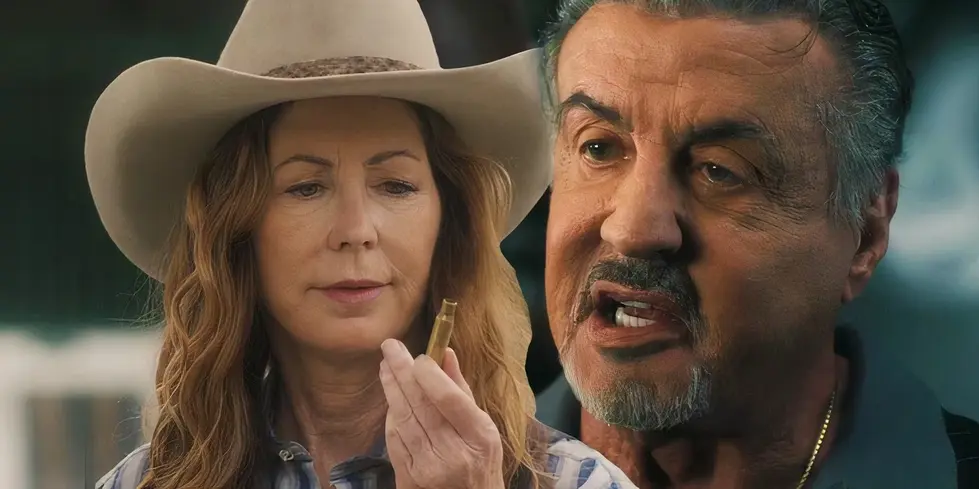
Tulsa King Season 3 set to answer major questions

And Just Like That finale ends with Carrie choosing herself

Zach Cregger explains Weapons final act
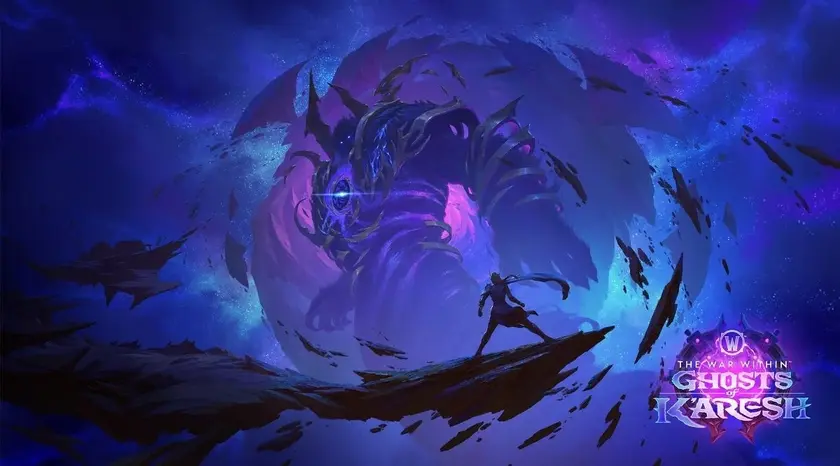
World of Warcraft Patch 11.2 Launches with New Raid Features
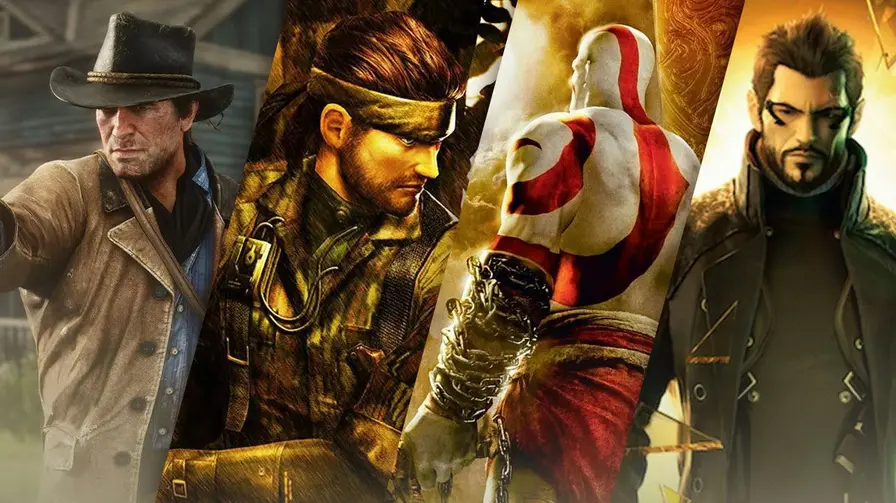
Video game prequels redefine the series

Life coach program derails engagement

Adriana Gallardo builds $300 million insurance empire
